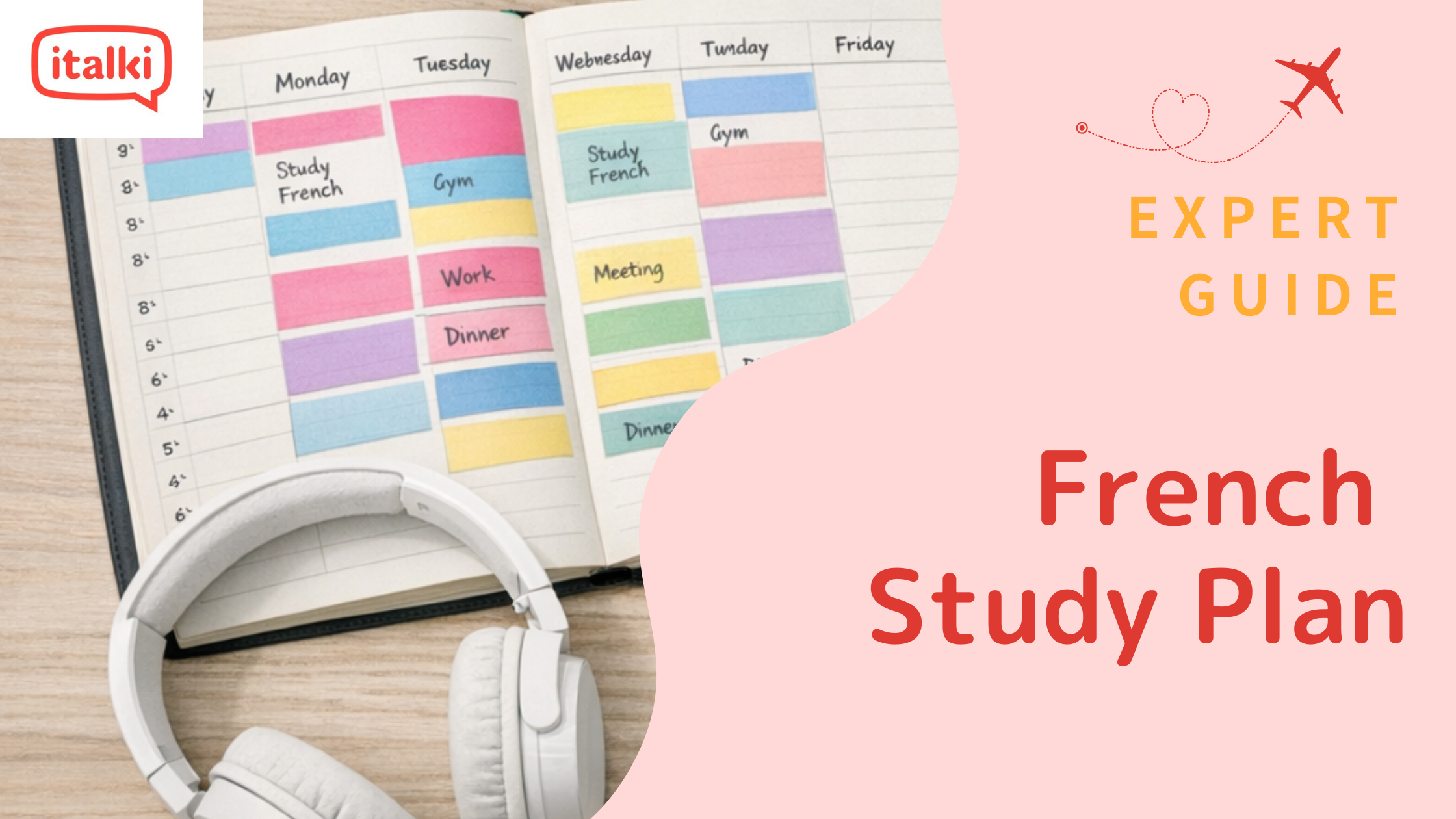Despite the fact that it is one of the first things we learn as language learners, the roots of mastering “what” goes much deeper into intermediate and advanced soil. But don’t panic. Let’s keep things simple and look at the various ways of saying “what” in French.
It’s important to remember that there is no exact translation from English “what” to French. The grammatical multitasker “what” can be used in many ways. It can be a question, a description, and an explanation as well.
How to use the French “which” as the English “what”
Have you ever been on the verge of a nervous breakdown because the question you want to ask or the sentence you want to say in French includes the word “what?” You think you know what the word for “what” is, but it doesn’t sound quite right in your head.
And you end up making some strange linguistic diversion that results in a forced smile from the person you are talking to. In English, “what” is commonly used before a noun, as in “What is your favorite book?” However, in French, you must consider “which” as in “Which is your favorite book?”
The French word for “which” is quel, and it takes different forms depending on whether the noun following it is masculine, feminine, singular, or plural.
– Masculine: Quel
Quel est son nom? (What’s his name?)
– Feminine: Quelle
Quelle est la date d’aujourd’hui? (What’s the date today?)
– Masculine plural: Quels
Quels sont les avantages d’habiter en ville? (What are the advantages of living in town?)
– Feminine plural: Quelles
Quelles sont tes qualités personnelles? (What are your personal qualities?)
Learning French by yourself is only possible if you learn different contexts and circumstances in which French words are used. Quel can also be used to make an exclamation, such as “What a beautiful building!”

Learn French on italki
Join the global community of language learners today! Sign up for italki and start improving your language skills with native-speaking teachers from around the world.
Create an italki account
‘What’ as a question word
When asking a question, the word “what” can be confusing, even if it appears simple at first. When you want to ask a “what” question in French, turn to Que. It is often followed by est-ce qui or est-ce queue.
The one to use is determined by whether que is followed by a subject or an object.
– Subject: Qu’est-ce qui se passe? (What’s happening?)
– Object: Qu’est-ce que vous voulez? (What do you want?)
Remember that when que is followed by the vowel “e” it’s necessary to drop the last “e” in que and add an apostrophe. Keen to learn the French language? Let’s move forward.
“What” in the middle of a sentence
There are times when “what” is required in the middle of a sentence rather than at the beginning or end. Like connecting two clauses.
We can breathe a sigh of relief because this follows exactly the same principle as est-ce qui and est-ce que in relation to the subject and object of a sentence. The only difference is that we will remove the est part.
We are now left with ce qui and ce que.
When” what” is the subject of the relative clause:
– On ne sait pas ce qui va se passer. (We don’t know what’s going to happen.)
When “what” is the object of the relative clause:
– Montre-moi ce que tu as trouvé! (Show me what you found!)
“What” with prepositions or at the end of a sentence
Quoi also means “what,” and when used alone, as in the exclamation “What!” the equivalent in French is “quoi!” It should be noted that the word quoi should not be used in polite or formal situations when you have not heard what someone has said to you.
Quoi can also be “what” at the end of a sentence.
– Il voit quoi? (What does he see?)
(This is informal and should be exercised with care depending on your situation).
When “what” is used with a preposition, the preposition comes first and then quoi.
– De quoi s’agit-il? (What’s it about?)
– Je me demande à quoi elle pense. (I wonder what she’s thinking about.)
“What” with the preposition De
Sometimes “what” after a preposition isn’t quoi but ce dont. Ce dont is used for verbs that use de to introduce an indirect object pronoun.
Let’s say this in English: I want this television. It’s what I want.
In French, this becomes: J’ai envie de cette télévision. C’est ce dont j’ai envie.
Learn the French language with italki
If you want to learn French online, search for Italki’s lesson plans online. Here, you will learn all the aspects of the French language under the supervision of a professional and experienced online French tutor of your choice. You can select the tutor based on your budget, learning requirements, and desired schedule.

Find Your Perfect Teacher
At italki, you can find your French tutor from all qualified and experienced teachers. Now experience the excellent language learning journey!
Book a trial lesson
Book your lessons by visiting the website and start learning French today!
Conclusion
Remember, learning a foreign language requires hard work and consistency. Learning French grammar and using words like ‘what’ in French requires a lot of homework on your part. We recommend you start right from the basics and move towards the advanced levels at a gradual pace.
It will take time to learn how to say “what” in French. Continue by learning how native speakers use these terms. Watch a French film or start watching a new TV show. Another option is to participate in an online immersion program.
Want to learn a language at italki?
Here are the best resources for you!




















